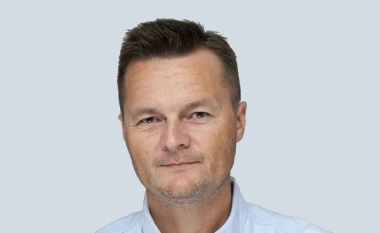Expertise
Russia, energy, special services
Languages
Polish, Russian
Biography
Grzegorz Kuczyński graduated in history at the University of Bialystok and specialized Eastern studies at the University of Warsaw. He is an expert on eastern affairs. He worked as a journalist and analyst for many years. He is the author of many books and publications on the inside scoop of Russian politics.
Recommended articles
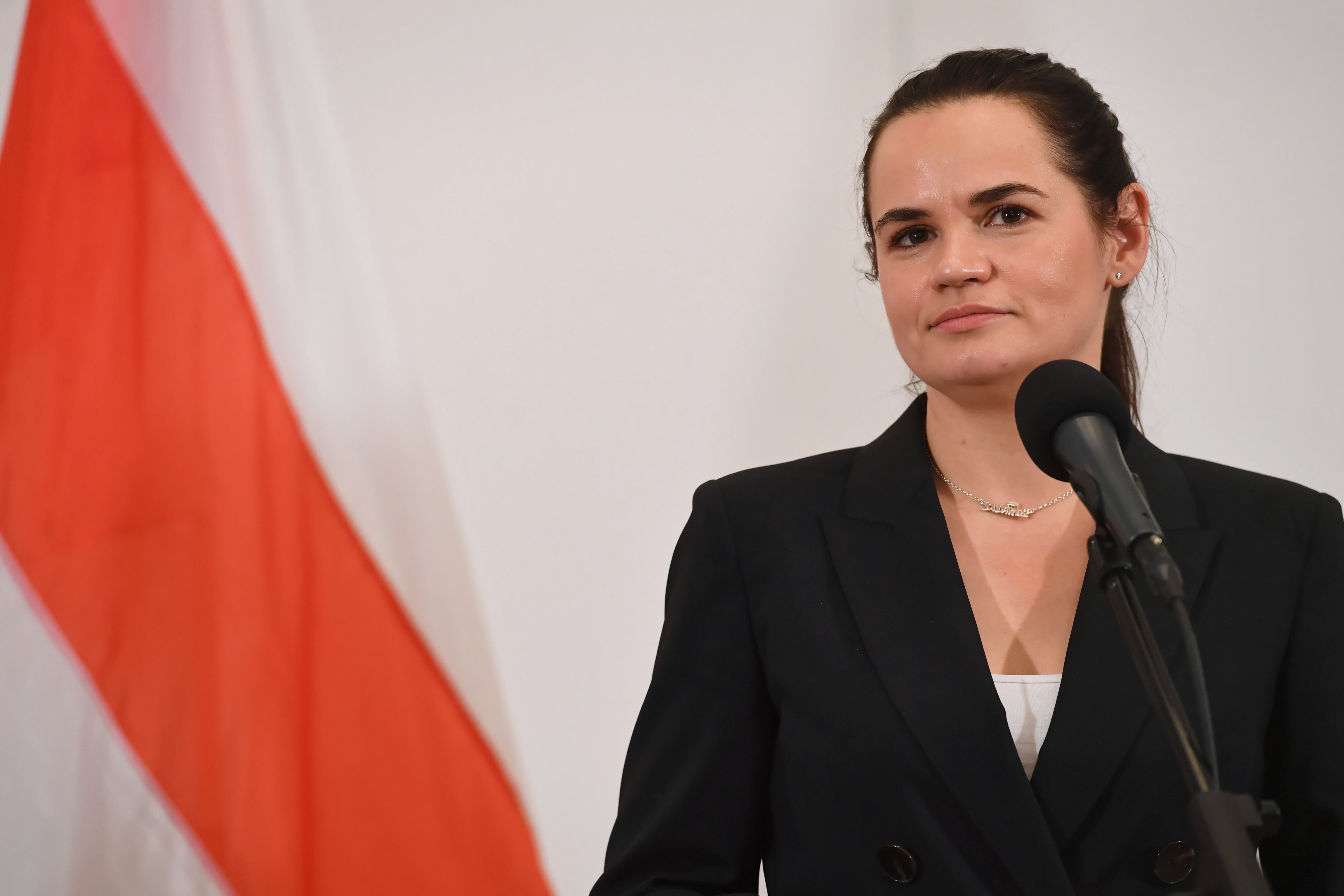
Belarus: the war for the Russian world
The presidential election in Belarus on August 9, 2020, was officially won by incumbent President Alexander Lukashenko. However, there is no doubt that this election was rigged – which triggered protests on a scale previously unseen in an independent Belarus.
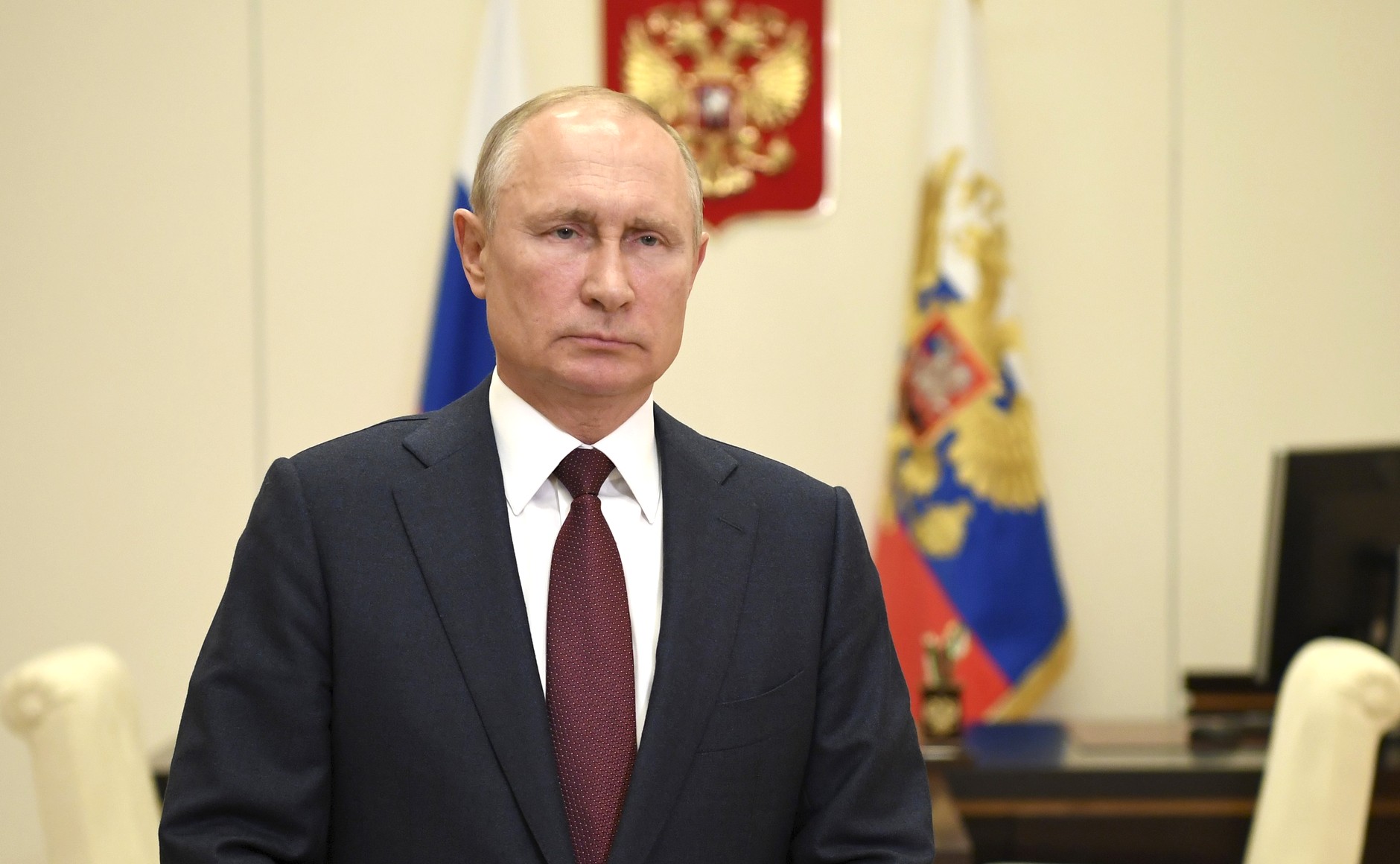
Putin’s Constitution
With a constitutional overhaul of the balance of power in Russia, Vladimir Putin is pushing to consolidate his eternal grip on power. As Russia is seeing a slew of rifts in its politics, economy as well as social matters, any attempts to repeat its past ‘tandemocracy’, or the joint leadership of Russia between 2008 and 2012, are considered by the Kremlin as far too risky.

Warsaw Institute’s expert in Polskie Radio 24
Grzegorz Kuczyński, an expert at the Warsaw Institute Foundation, appeared in the program “A Look to the East” (“Spojrzenie na Wschód”) on 3rd June 2020, where he spoke about the public trends in Russia and planned constitutional changes.
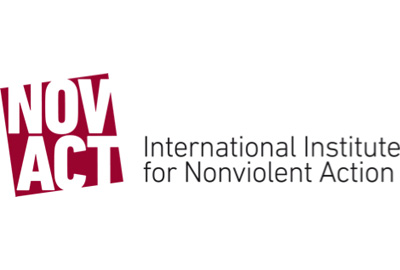
Warsaw Institute’s expert for International Institute for Nonviolent Action
Grzegorz Kuczyński, expert on Eastern affairs and Director of Eurasia Program at the Warsaw Institute, spoke to NOVACT about Russian involvement in the civil war in Libya.
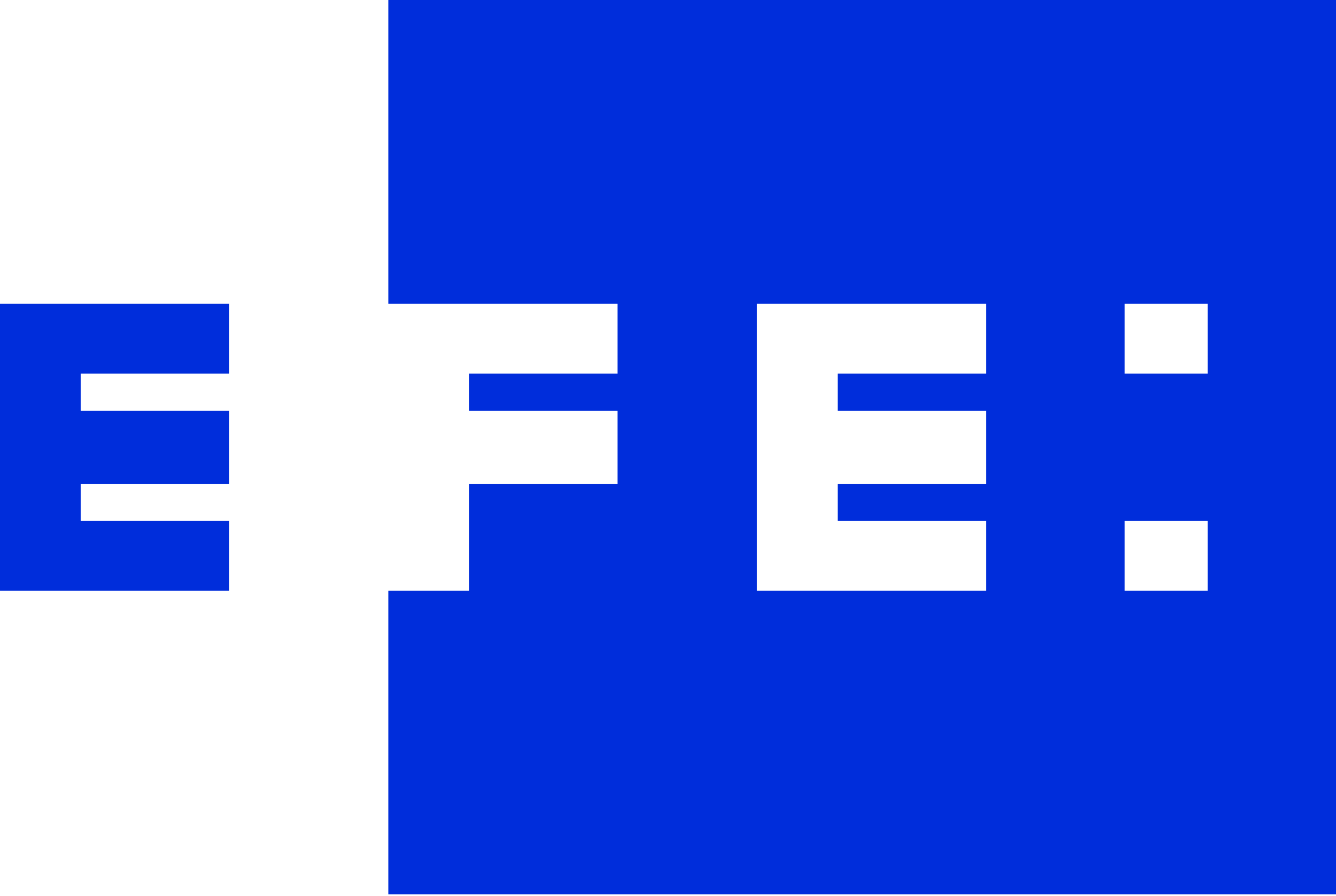
Spanish News Agency quotes Warsaw Institute’s expert
The international Spanish press agency EFE in its article on the situation in Libya and the role of Russia in the local conflict quotes Grzegorz Kuczyński, expert on eastern affairs at the Warsaw Institute and Director of Eurasia Program.
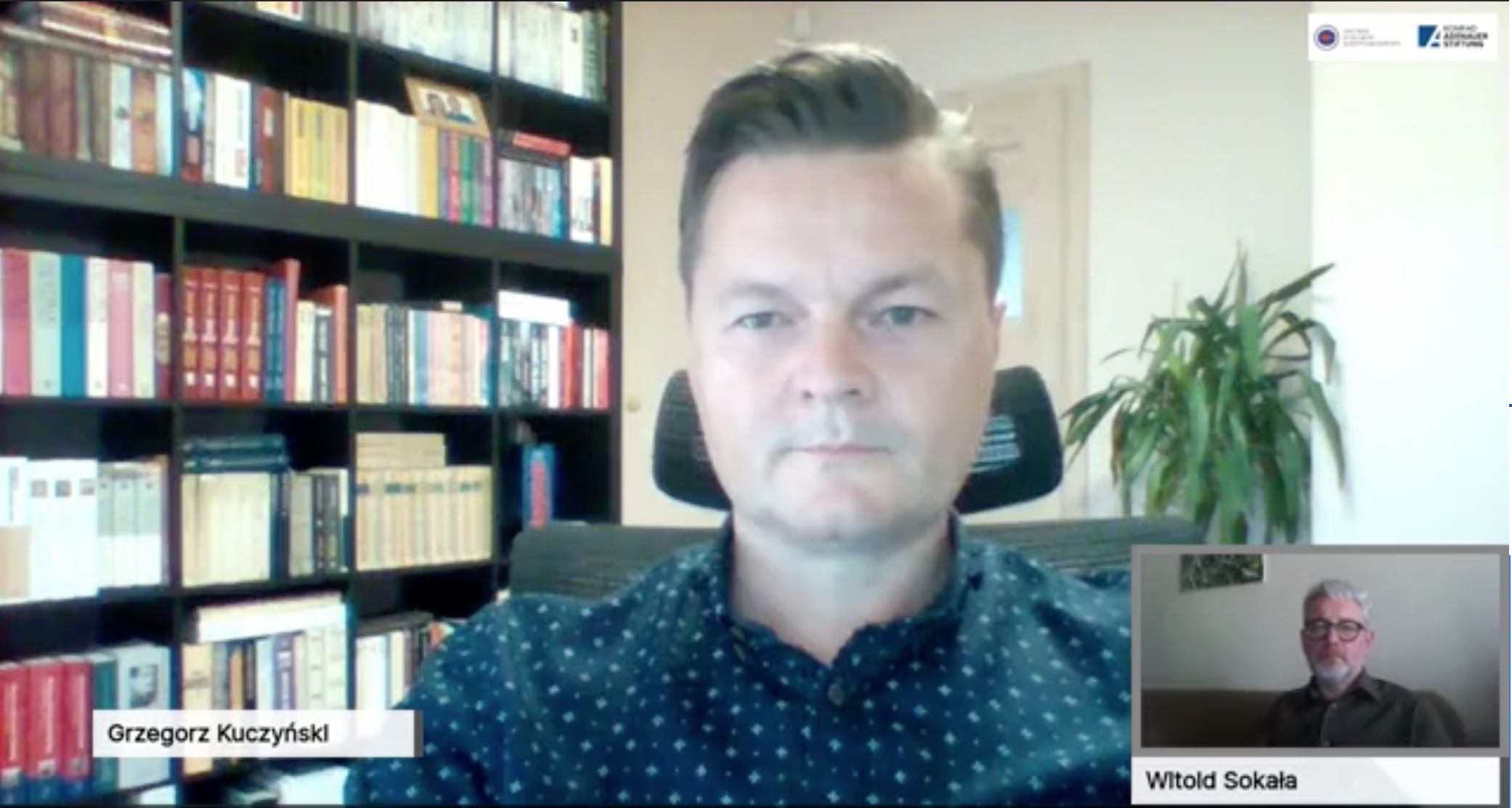
Warsaw Institute expert in CIR debate
Grzegorz Kuczyński, expert on Eastern affairs and director of the Eurasia program at Warsaw Institute, participated in the debate “Security after the pandemic” organized on Tuesday, 26 May 2020 by the Center for International Relations.
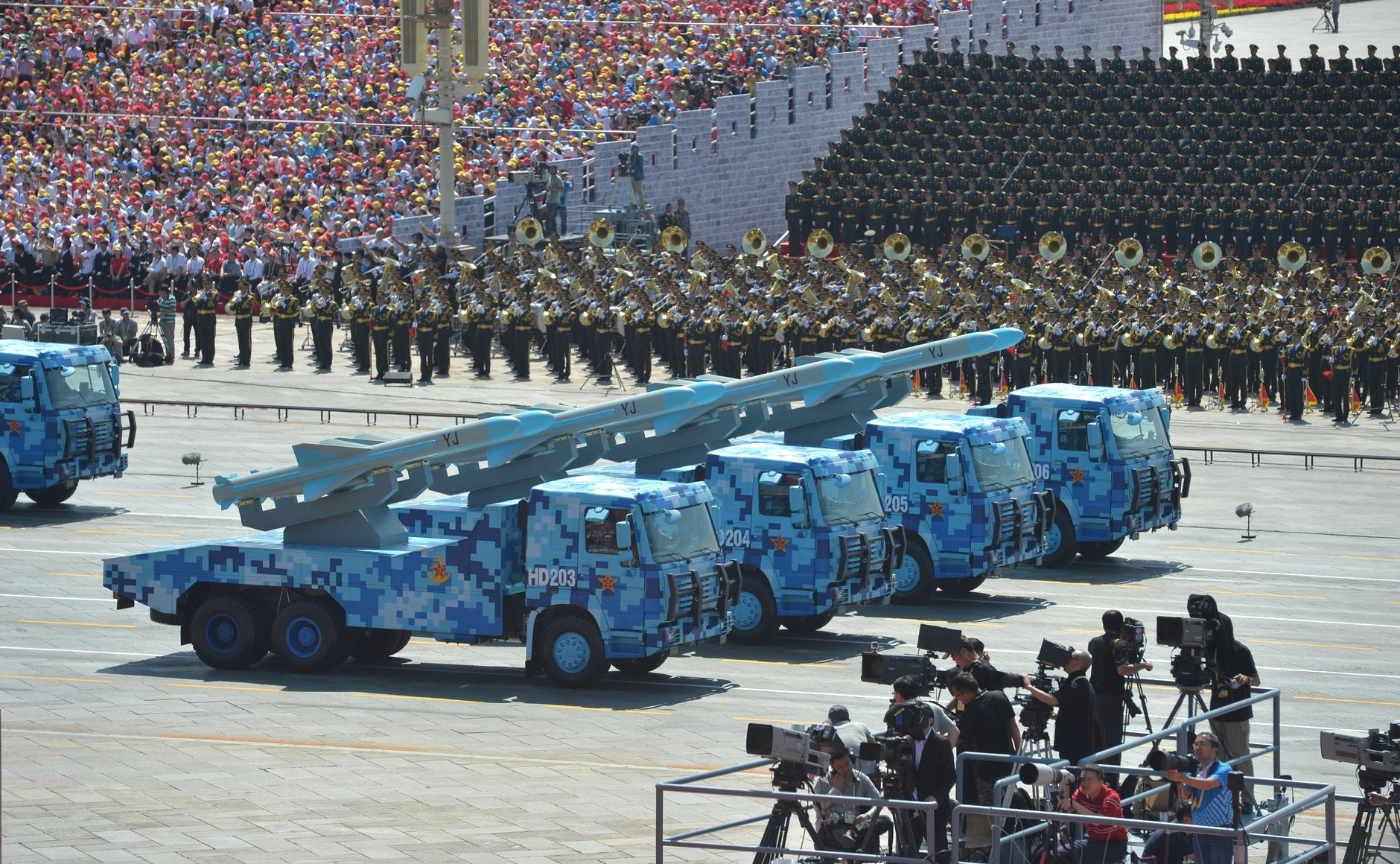
The Collapse of the INF Treaty and the US-China Rivalry
Russia’s noncompliance with the Intermediate-Range Nuclear Forces Treaty, or INF Treaty, was the top reason for Donald Trump’s administration to pull out of the deal. Nonetheless, the collapse of the agreement has influenced not only the situation in Europe but also in Asia and the Pacific.
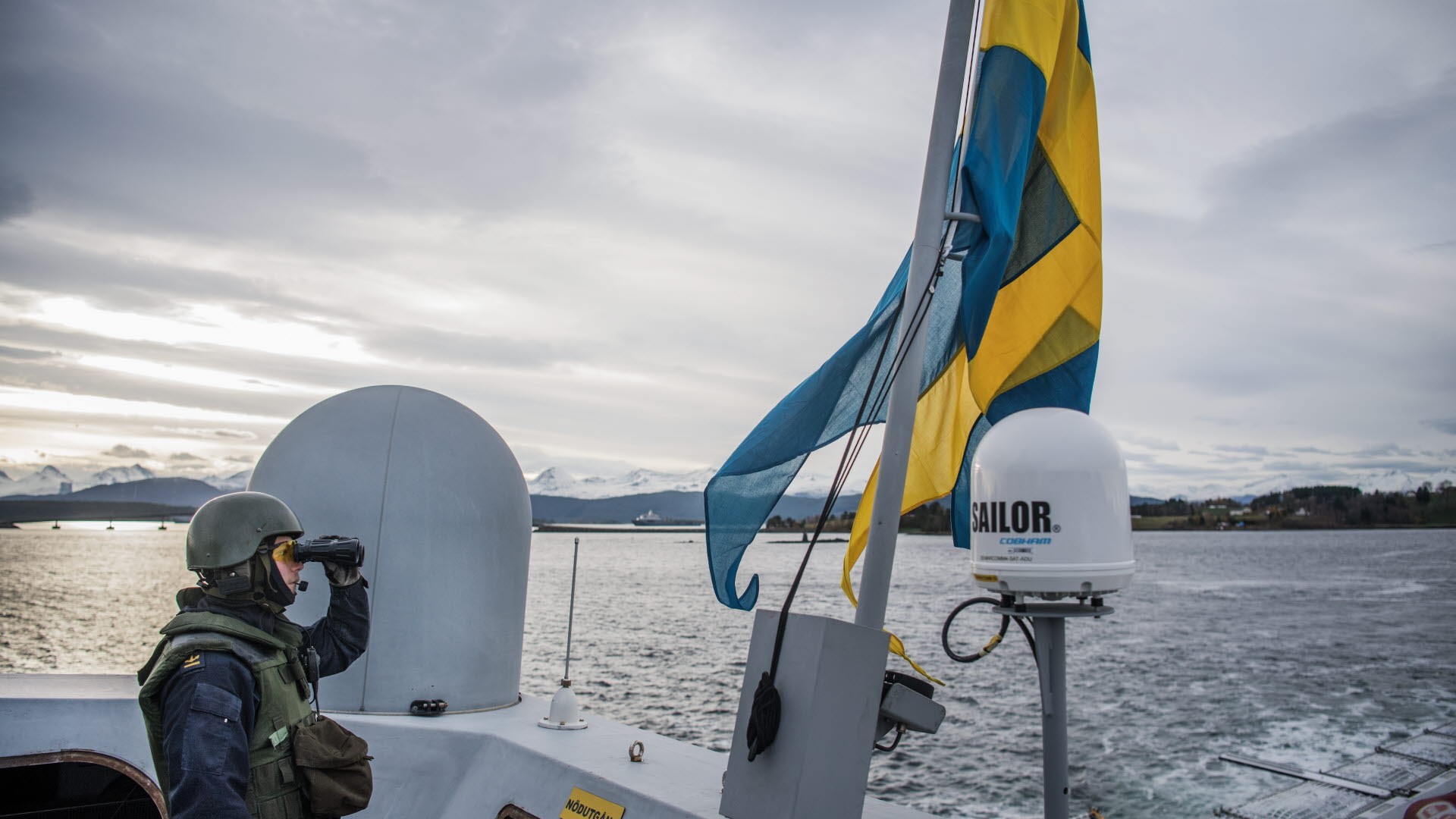
Sweden Faces the Russian Threat in the Baltic Sea
By beefing up its military presence in the exclave of Kaliningrad, flying provocative air patrols and by building next legs of the Nord Stream energy pipeline, Russia undermines the security of other countries in the Baltic region. Also, Moscow could take advantage of the pipeline’s energy infrastructure to take subversive actions in the Baltic Sea.

Russia in Africa: Weapons, Mercenaries, Spin Doctors.
The Kremlin eyes the African continent as yet another arena of a massive clash with the West, as it did under the Cold War reality. But their competition has now been of a rather practical and economic nature, pushing ideologies somewhere to the margin. Also, Moscow has enjoyed the positive image it had retained in Africa back from the Soviet times.
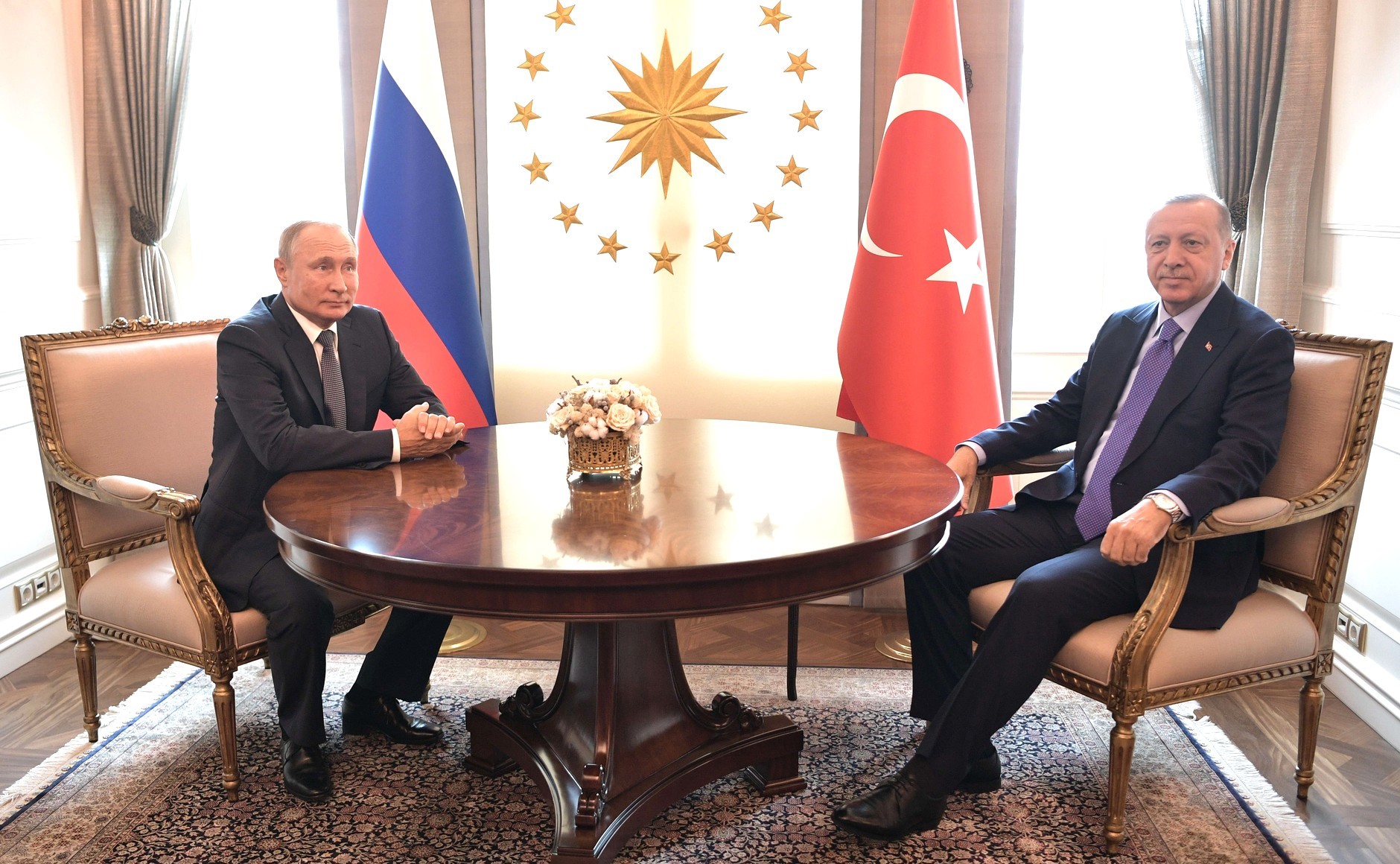
What’s Next For Turkey’s NATO Membership After S-400 Purchase?
Turkey has sealed a military deal with Russia, receiving the first parts of the Russian-made S-400 missile defense systems in the summer of 2019. Turkey’s President Recep Tayyip Erdogan did not bow to pressure from the United States, and Ankara’s determination to acquire Russian-built weaponry will enrage both Washington and its NATO peers.

